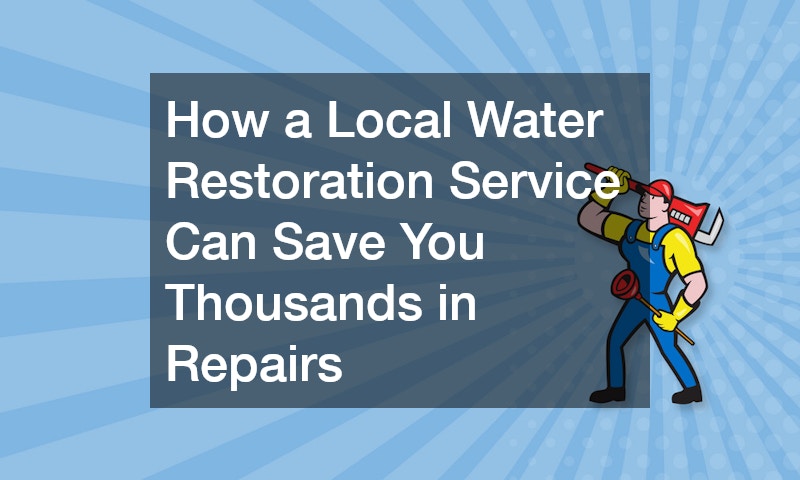When plumbers assess a home, they focus on various critical aspects to ensure the functionality and integrity of the plumbing system. One key consideration is the water supply system, including pipes, connections, and fixtures. Plumbers inspect for leaks, corrosion, or any signs of wear that may compromise the water supply’s quality and consistency.
The drainage system is equally important, with plumbers examining pipes and drains to identify potential clogs or blockages. They use specialized tools to clear obstructions and ensure efficient wastewater removal. Also, plumbers assess the venting system, which is crucial in preventing sewer gases from entering the home. Proper venting also aids in maintaining the optimal balance of air pressure within the plumbing system.
Water heaters are another focal point during a plumber’s evaluation. Plumbers check for signs of corrosion, sediment buildup, or any issues affecting the heater’s performance. They may recommend flushing the tank or replacing components to enhance efficiency and extend the appliance’s lifespan. Plumbers examine fixtures such as faucets, sinks, toilets, and showers in bathrooms and kitchens. They look for leaks, drips, or malfunctions, addressing issues promptly to prevent water damage and ensure water conservation.
The overall condition of pipes is a critical consideration. Plumbers inspect materials, joints, and connections, identifying any vulnerabilities that could lead to leaks or bursts. They may recommend repairs or replacement if the pipes show signs of deterioration. Plumbers also evaluate the water pressure throughout the home, ensuring it meets the necessary standards for optimal functionality. In addition, they check for water quality issues, testing for contaminants or irregularities that may affect health.
.





